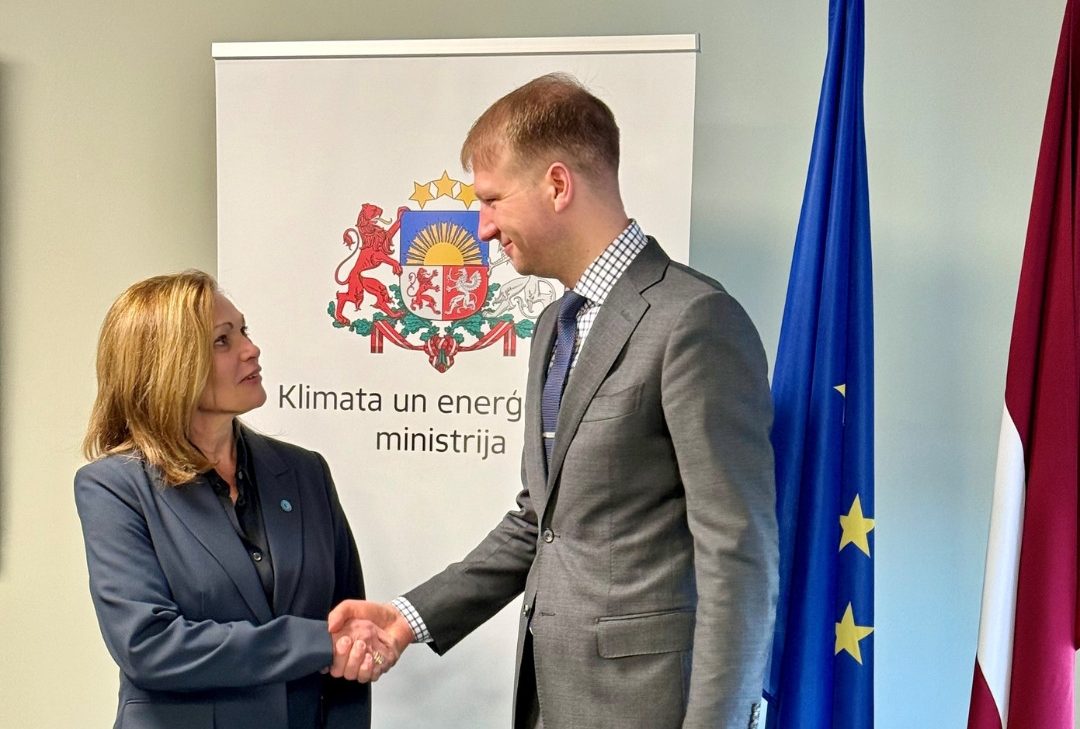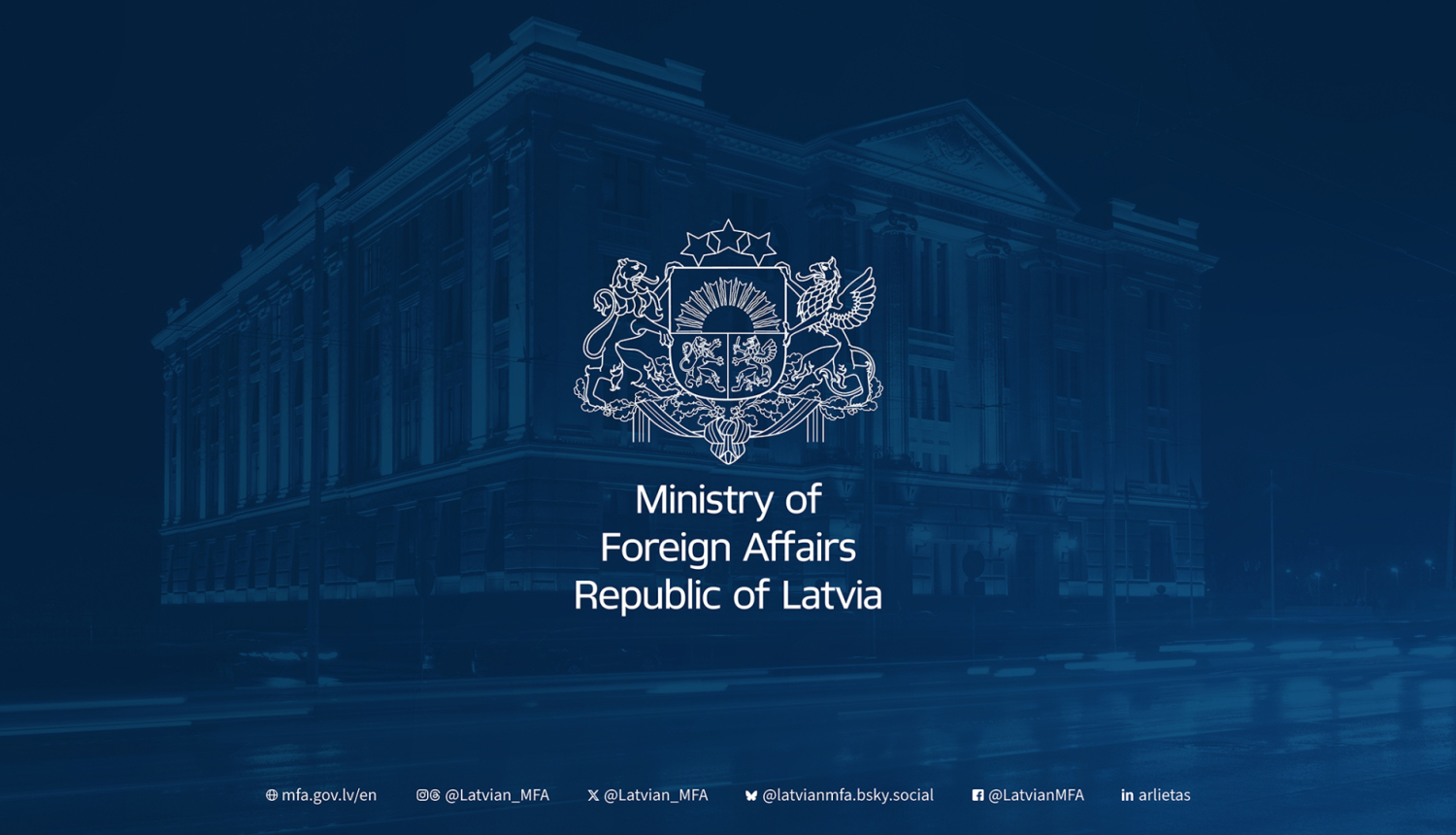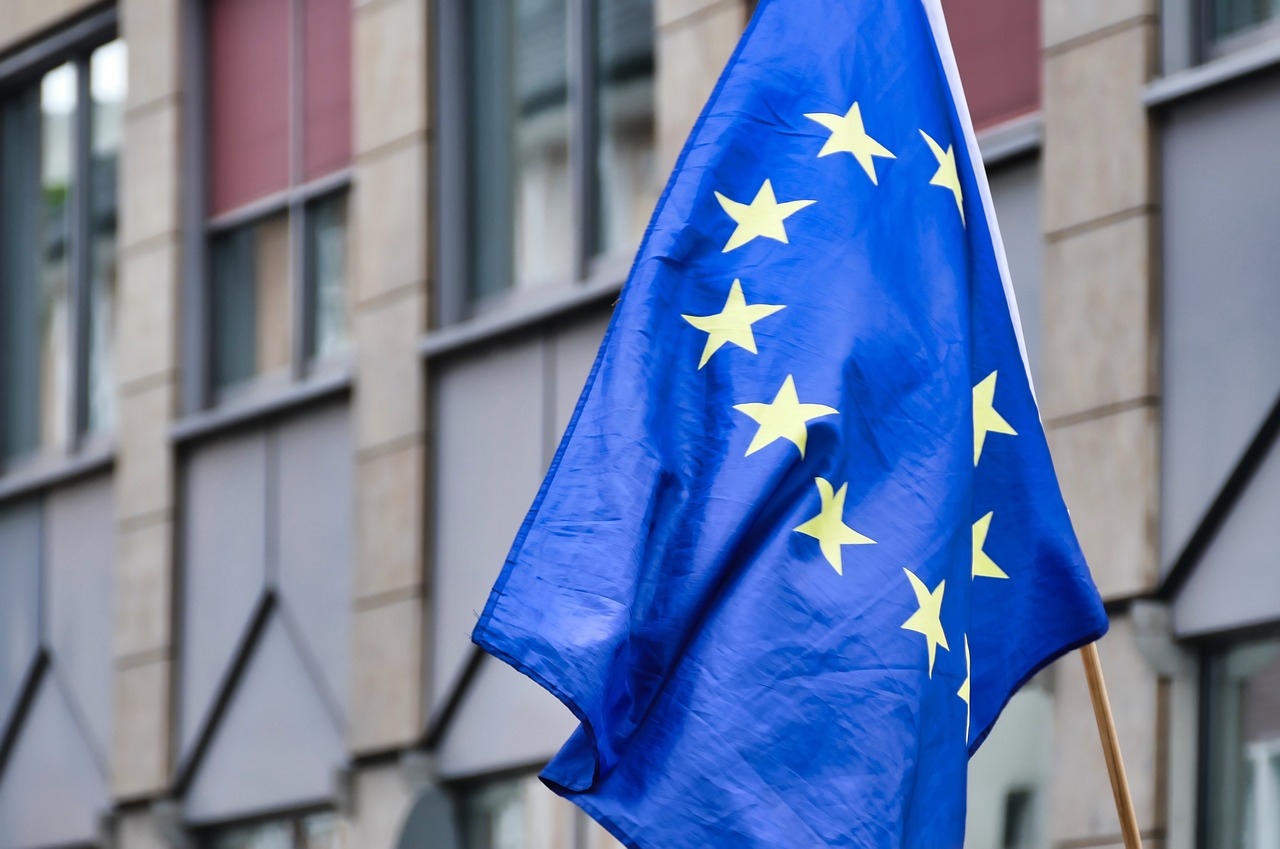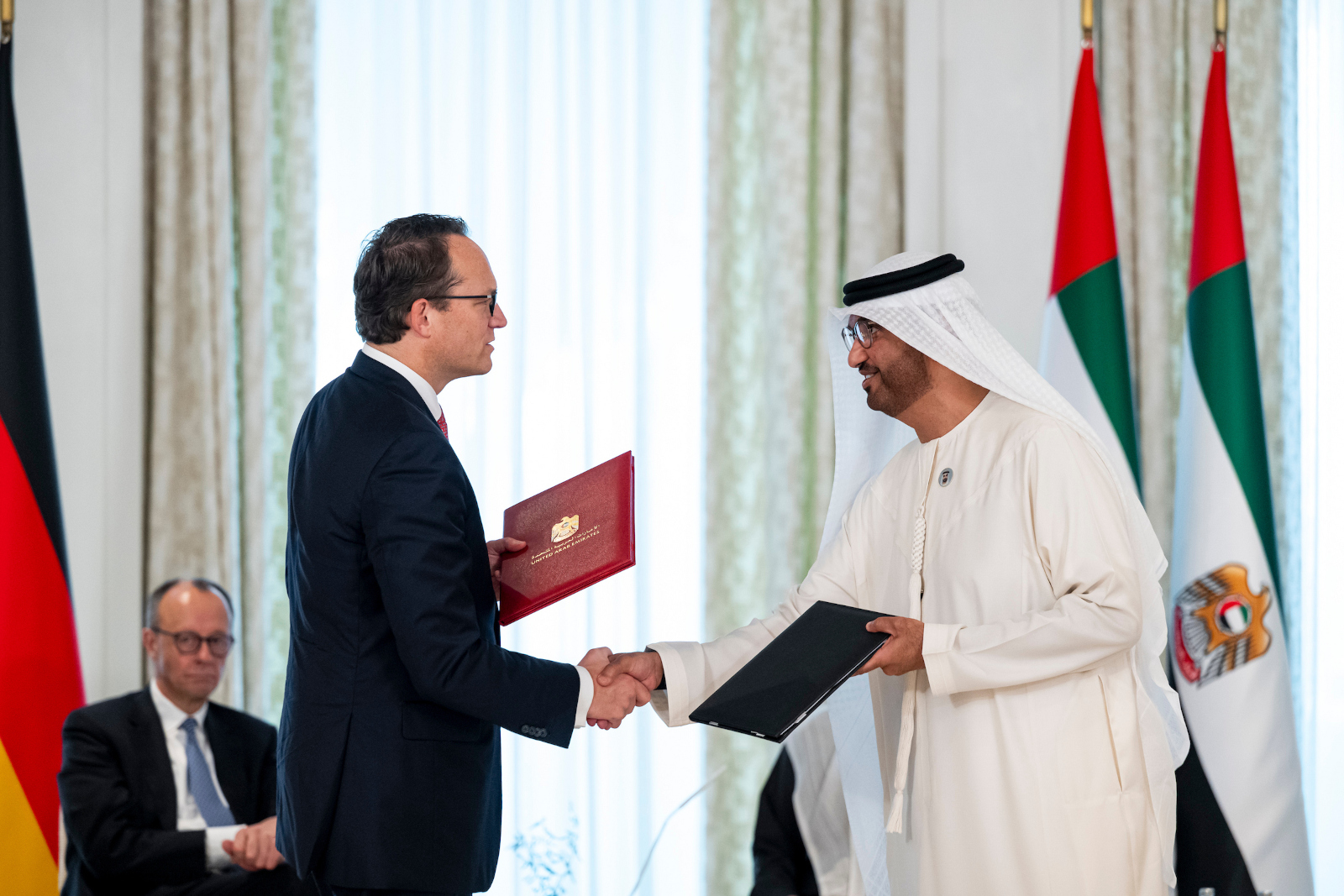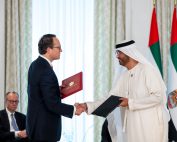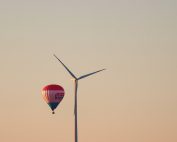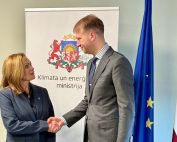Lithuania is mobilizing for the development of offshore wind. Mariusz Wójcik, Director Project Development & Advisory for Offshore Wind, Poland and Baltics in Ramboll Polska, in his comment for BalticWind.EU points out the challenges Lithuania is facing, the opportunities arising from the development of offshore wind in Lithuania and explains the aspects of financing wind projects in the Baltic Sea. The commentary was originally published in BalticWind.EU Quarterly Country Report Lithuania Q1 2022.
Lithuania has recently accelerated its efforts to develop offshore wind energy. This type of technology is expected to cover Lithuania’s significant electricity demand. At the end of March, the Lithuanian Parliament adopted key regulations for the offshore wind sector. Mariusz Wojcik pointed out in commentary for BalticWind.EU that offshore development plans in Lithuania are quite clearly defined. An auction for a 700 MW farm is to be held in September 2023, with a possible auction for another 700 MW in 2024. The total potential is estimated at 3,500 MW by 2050.
“This is a very good and important step towards the energy transition of the whole region. However, if one looks only at the Lithuanian market, it is relatively small compared to, for example, the Scottish market, where proceedings for a round of projects with a total capacity of nearly 25,000 MW have already been decided this year”, our commentator noted.
He adds that the limited volume of projects is associated with several challenges.
“First, there may be difficulties in establishing a domestic supply chain due to the limited development perspective. Another challenge will be to create such auction conditions to ensure the right level of competitiveness and attract the right investors”, Wójcik pointed out.
„In order to overcome any challenges, it will be necessary to start thinking about the development of the offshore regional market, the Baltic market, with a total potential of 93 GW. It is important to create conditions in which individual Baltic markets will not compete with each other, but will cooperate in order to provide an appropriately distributed portfolio of projects to create and maintain‚ local content”, the expert explained.
The full commentary was originally published in BalticWind.EU Quarterly Country Report Lithuania Q1 2022.


